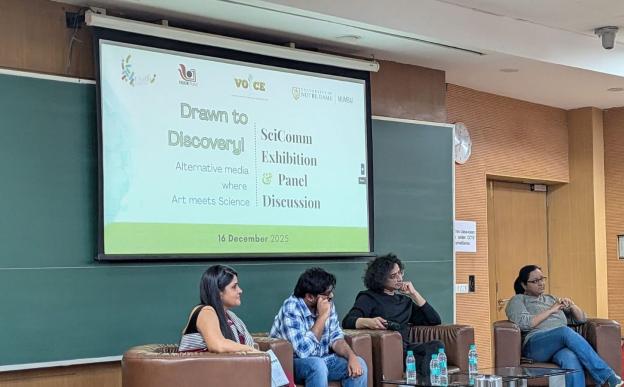The use of vaccination for preventing diseases has had the most profound effect on human health and quality of life. Despite this, anti-vaccination movements are gaining popularity in recent years, especially in high income countries with historically near universal vaccine coverage, like the USA. Consequently, cases of diseases like measles have seen a 30% rise globally. Vaccine hesitancy has been declared one of the top ten threats to global health by the WHO in 2019. In times like these, what if science showed some added benefits of vaccination besides the obvious? A recent set of studies by a team of international researchers, led by those at the Center for Disease Dynamics, Economics & Policy (CDDEP), Washington DC and New Delhi, have shown that vaccines can have other unintentional positive effects.




